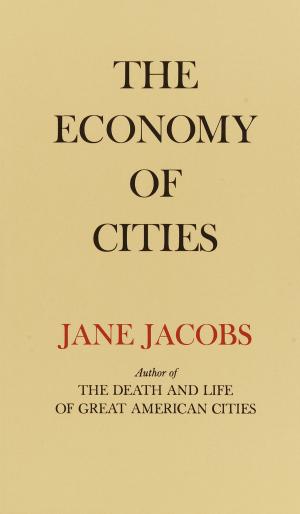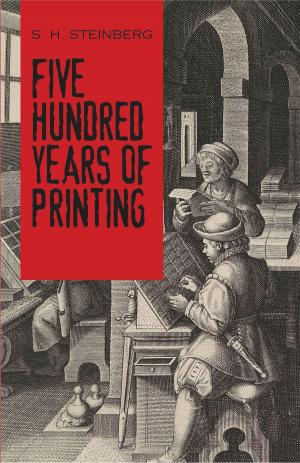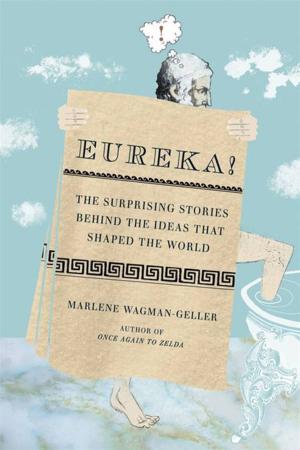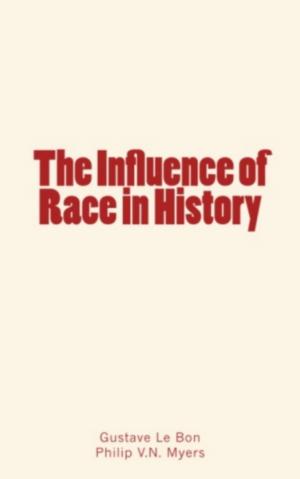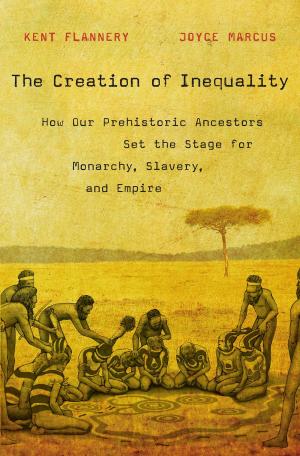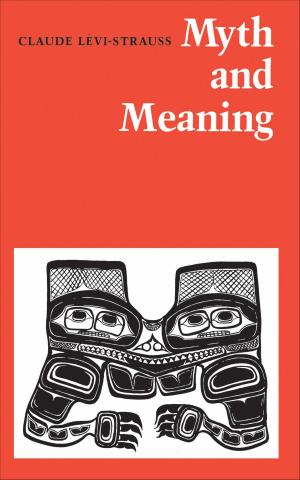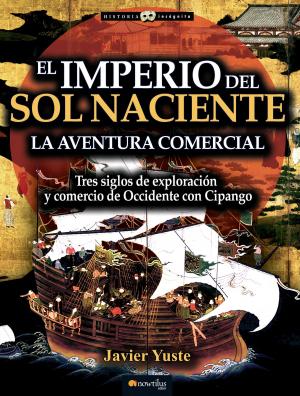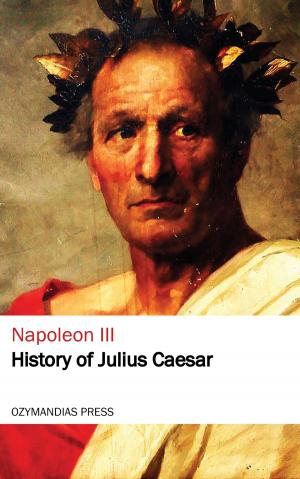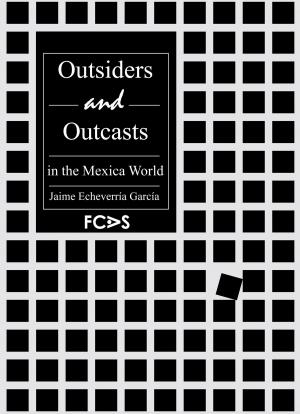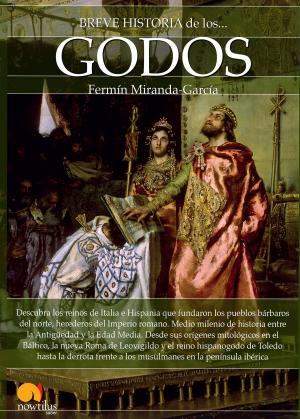The Triptych Papers: Lectures in Post-Colonialism, Creolisation and the Epistemologies of Displacement
Nonfiction, History, Civilization| Author: | Gilbert NMO-Morris | ISBN: | 9781465799609 |
| Publisher: | Gilbert NMO-Morris | Publication: | December 10, 2011 |
| Imprint: | Smashwords Edition | Language: | English |
| Author: | Gilbert NMO-Morris |
| ISBN: | 9781465799609 |
| Publisher: | Gilbert NMO-Morris |
| Publication: | December 10, 2011 |
| Imprint: | Smashwords Edition |
| Language: | English |
Professor Gilbert NMO Morris is perhaps the most unusual scholar writing today. In The Triptych Papers, his unique approach to social and political questions is winnowed into questions of ethics. Essentially, he argues that "The post-Colonial moment is a moment of violence which results in a psychological instability in the self-conception of the post-colonial subject. He cannot value himself nor his experience as being ready-to-hand to cultivate a new way of being in the world".
Morris examines the history of post-Colonialism, together with colonial sentiment, and the impacts of displacement from original cultures and subjugation and marginalisation within the "dominant culture". But Triptych Papers is not a work of special pleading or a litany of historical slights.
The immediate knowledge and experience of a displaced peoples have value which is undisclosed to the dominant culture necessarily, and this knowledge and experience is largely unrecognized, even by the displaced themselves. This is so because the state of being Oriented toward the dominant culture means seeing oneself through a glass darkly, and a true beholding of oneself requires an “espisteme-shattering act of audacity, tenacity or mendacity[1]”, of which the displaced one is often incapable.
He argues: "The displaced one, whose Being and cultural yearning is caught in the dominant espistemes, is also trapped, constantly, above, beyond and outside the frequencies of his actual quotidian anthropology. He waits there, longing for something better; something which he cannot define, the origins or legitimacy of which he cannot give a satisfactory account. That is so because the anthropo-stasis in which he is caught, is a turnstile between the locale of displacement and the dominant culture which is supervenient to it; and therefore, that locale exists and persists as an anomaly and a necessary truth of and within the dominant culture, which it cannot observe, acknowledge or advance without losing itself in Creolisation."
Morris prods, pokes, shakes and stirs the thinking around colonialism and post-colonialism until it reveals the first conditions for an ethics by which the post-colonial subject can com into his own and offer renewal to the dominant culture.
He examines the arguments between W.E.B. DuBois and Booker T. Washington as two responses to a post-colonial lifeworld in the American setting. He asks: "what are the epistemologies of displacement which may inform this lebsenwelt (liefworld), and how shall we discover it, assess its value or give it practical application?"
He asks further: "Does it gain notice by means of a hospitality from the dominant culture - in recognition of its power of displacement or does come in for notice by a revolutionary means from the situation of displacement?
SQM
Professor Gilbert NMO Morris is perhaps the most unusual scholar writing today. In The Triptych Papers, his unique approach to social and political questions is winnowed into questions of ethics. Essentially, he argues that "The post-Colonial moment is a moment of violence which results in a psychological instability in the self-conception of the post-colonial subject. He cannot value himself nor his experience as being ready-to-hand to cultivate a new way of being in the world".
Morris examines the history of post-Colonialism, together with colonial sentiment, and the impacts of displacement from original cultures and subjugation and marginalisation within the "dominant culture". But Triptych Papers is not a work of special pleading or a litany of historical slights.
The immediate knowledge and experience of a displaced peoples have value which is undisclosed to the dominant culture necessarily, and this knowledge and experience is largely unrecognized, even by the displaced themselves. This is so because the state of being Oriented toward the dominant culture means seeing oneself through a glass darkly, and a true beholding of oneself requires an “espisteme-shattering act of audacity, tenacity or mendacity[1]”, of which the displaced one is often incapable.
He argues: "The displaced one, whose Being and cultural yearning is caught in the dominant espistemes, is also trapped, constantly, above, beyond and outside the frequencies of his actual quotidian anthropology. He waits there, longing for something better; something which he cannot define, the origins or legitimacy of which he cannot give a satisfactory account. That is so because the anthropo-stasis in which he is caught, is a turnstile between the locale of displacement and the dominant culture which is supervenient to it; and therefore, that locale exists and persists as an anomaly and a necessary truth of and within the dominant culture, which it cannot observe, acknowledge or advance without losing itself in Creolisation."
Morris prods, pokes, shakes and stirs the thinking around colonialism and post-colonialism until it reveals the first conditions for an ethics by which the post-colonial subject can com into his own and offer renewal to the dominant culture.
He examines the arguments between W.E.B. DuBois and Booker T. Washington as two responses to a post-colonial lifeworld in the American setting. He asks: "what are the epistemologies of displacement which may inform this lebsenwelt (liefworld), and how shall we discover it, assess its value or give it practical application?"
He asks further: "Does it gain notice by means of a hospitality from the dominant culture - in recognition of its power of displacement or does come in for notice by a revolutionary means from the situation of displacement?
SQM

